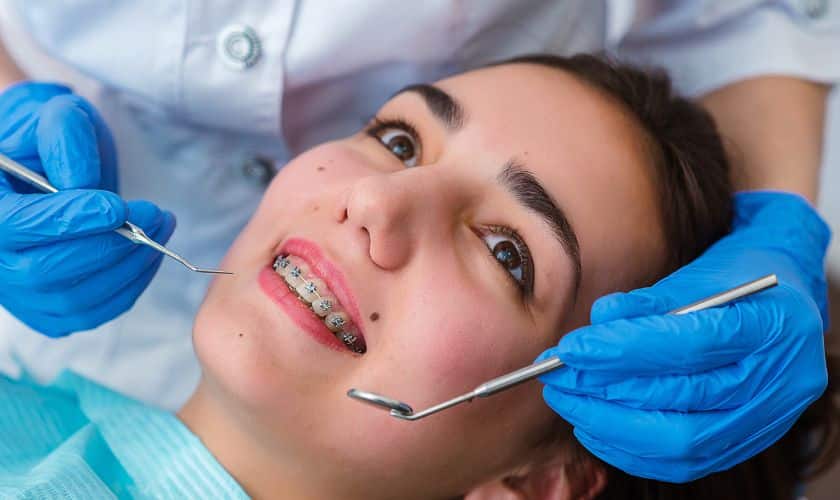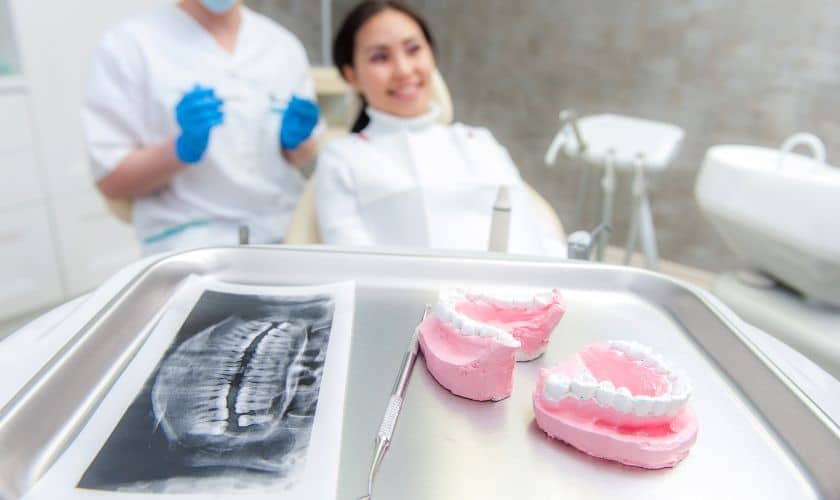
How Long Will the Swelling Last After Oral Surgery? A Guide to Speedy Recovery
Oral surgery encompasses a wide range of procedures, from wisdom tooth extraction to dental implant placement. While these procedures offer numerous benefits for your oral health, they often involve some degree of post-operative swelling. This swelling is a normal response to the body’s healing process, but it can be uncomfortable and cause some concern.
This blog post will answer the common question: “How long will the swelling last after oral surgery?” We’ll explore the factors influencing swelling duration, provide tips for managing it, and discuss when to be concerned about post-surgical swelling.
Understanding Post-Operative Swelling
Following oral surgery, the body initiates an inflammatory response to heal the surgical site. This response involves increased blood flow to the area, which leads to swelling. The extent and duration of swelling can vary depending on several factors:
- Type of Surgery: More complex procedures involving significant tissue manipulation typically cause greater swelling compared to simpler procedures.
- Wisdom Tooth Extraction: Wisdom teeth are often impacted or positioned awkwardly, requiring more surgical intervention. This can lead to more pronounced swelling after wisdom tooth removal compared to a routine tooth extraction.
- Individual Healing Rate: Everyone heals at their own pace. Some patients experience peak swelling within 24 hours, while others might take 2-3 days.
The Swelling Timeline: What to Expect
While the exact duration of swelling is individual, here’s a general timeline of what to expect:
- First 24-48 Hours: Swelling typically starts within a few hours after surgery and reaches its peak within 1-2 days. Your face might feel tight and uncomfortable, especially on the surgical side.
- 3-5 Days: The swelling should gradually begin to subside. You might notice some bruising around the surgical site alongside the swelling.
- 7-10 Days: Most of the swelling should be gone by this point. Any remaining puffiness should be minimal and barely noticeable.
It’s important to remember that this is a general guideline. Your dentist will provide specific instructions based on your case and the type of surgery performed.
Minimizing Post-Operative Swelling: Your Recovery Toolkit
Here are some effective strategies to minimize swelling and promote faster healing after oral surgery:
- Apply Ice Packs: Ice therapy is a powerful tool for reducing swelling. Apply an ice pack wrapped in a thin towel to the affected area for 15-20 minutes at a time, with breaks in between. Continue this regimen for the first 24-48 hours after surgery.
- Elevate Your Head: Sleeping with your head elevated on extra pillows helps reduce blood flow to the surgical site, minimizing swelling.
- Maintain Good Oral Hygiene: Gently brush and floss your teeth as instructed by your dentist. Good oral hygiene helps prevent infection and promotes healing, which can indirectly reduce swelling.
- Stick to Soft Foods: For the first few days after surgery, stick to a soft diet of foods that require minimal chewing. This will minimize pressure on the surgical site and promote healing.
- Medications: Your dentist might prescribe pain medication or anti-inflammatory medication to manage discomfort and reduce swelling. Take these medications exactly as directed.
When to Be Concerned About Swelling
While some swelling is expected after oral surgery, some situations warrant a call to your dentist:
- Increased Swelling After 3 Days: If the swelling continues to worsen after 3 days post-surgery, it could indicate an infection.
- Fever: A fever along with swelling could be a sign of infection.
- Excessive Bleeding: While some minor bleeding is normal after surgery, excessive bleeding requires immediate professional attention.
- Difficulty Breathing: Severe swelling that affects your breathing is a medical emergency. Seek immediate medical attention.
By following your dentist’s post-operative instructions and being aware of these warning signs, you can ensure a smooth recovery after oral surgery.
Promoting a Speedy Recovery
Oral surgery can significantly improve your oral health and overall well-being. Understanding the normal course of post-operative swelling and adopting these tips for managing it will help you navigate the healing process comfortably and efficiently. Remember, open communication with your dentist is key. Don’t hesitate to reach out if you have any concerns about swelling or your recovery progress.
Recent Posts

How Adhesive Techniques Have Improved Denture Fit

How Dentures Can Renew Mom’s Self-Assurance This Mother’s Day

TMJ Treatment: What to Expect During Your Dental Visit

How Stress Affects Gum Health And Strategies For Stress Management

